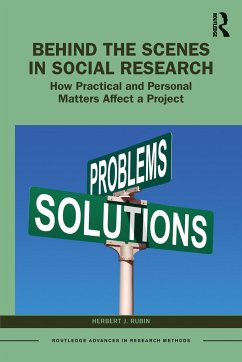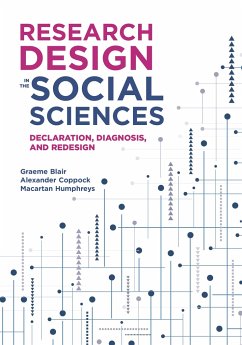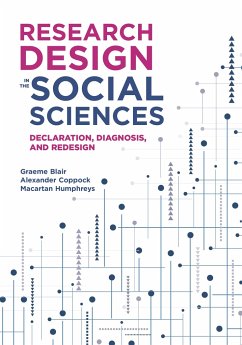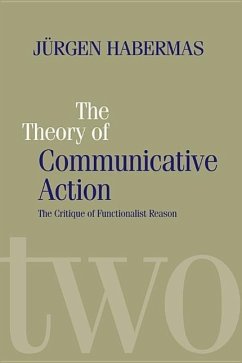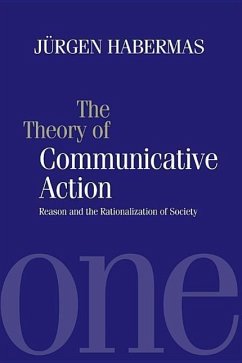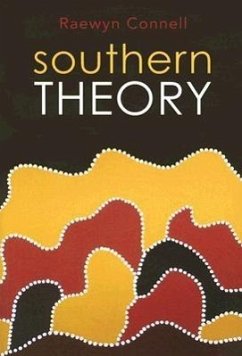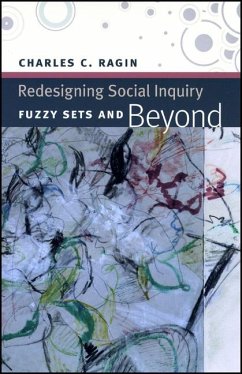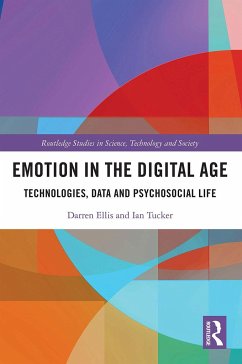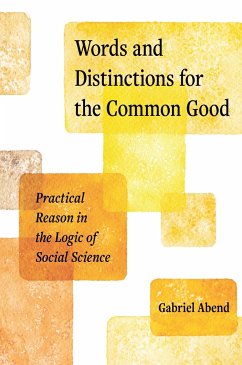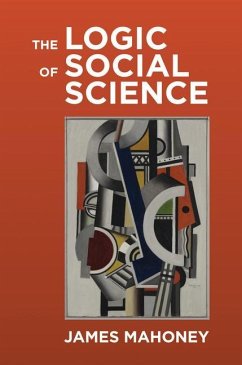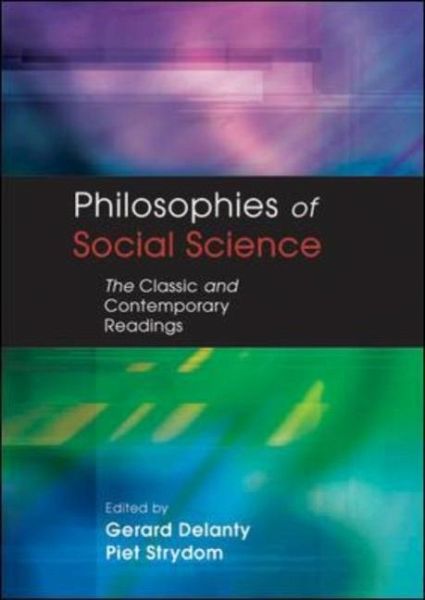
Philosophies of Social Science: The Classic and Contemporary Readings
Versandkostenfrei!
Versandfertig in 2-4 Wochen

PAYBACK Punkte
28 °P sammeln!




A collection of over sixty extracts from classic works on the philosophy of social science. It highlights the work of some of the influential authors who have shaped social science.
Gerard Delanty is Professor of Sociology in the University of Liverpool, UK. He was Visiting Professor at York University, Toronto in 1998, at Doshisha University, Kyoto, Japan in 2000, and he has taught at universities in Ireland, Germany and Italy. His books include Social Science: Beyond Constructivism and Realism (1997), Social Theory in a Changing World (1999), Modernity and Postmodernity: Knowledge, Power, the Self (2000), Challenging Knowledge: The University in the Knowledge Society (2002). Piet Strydom is Statutory Lecturer in Sociology at the National University of Ireland, Cork. He is a former founder-director of the Centre for European Social Research, Cork. Besides many articles on social theory and the philosophy of social science in anthologies and in such journals as Telos, Political Studies, Theory, Culture & Society, Philosophy and Social Criticism, European Journal of Social Theory, Current Sociology and Sociological Theory, books he has published include Discourse and Knowledge (2000), and Risk, Environment and Society (2002). He is currently writing a book on the new cognitive sociology.
Produktdetails
- Verlag: McGraw-Hill Higher Education / Open University Press
- Seitenzahl: 496
- Erscheinungstermin: April 2003
- Englisch
- Abmessung: 241mm x 169mm x 32mm
- Gewicht: 824g
- ISBN-13: 9780335208845
- ISBN-10: 0335208843
- Artikelnr.: 21312910
Herstellerkennzeichnung
Libri GmbH
Europaallee 1
36244 Bad Hersfeld
gpsr@libri.de
Für dieses Produkt wurde noch keine Bewertung abgegeben. Wir würden uns sehr freuen, wenn du die erste Bewertung schreibst!
Eine Bewertung schreiben
Eine Bewertung schreiben
Andere Kunden interessierten sich für


